Indigenous Governance Database
IGD Database Search
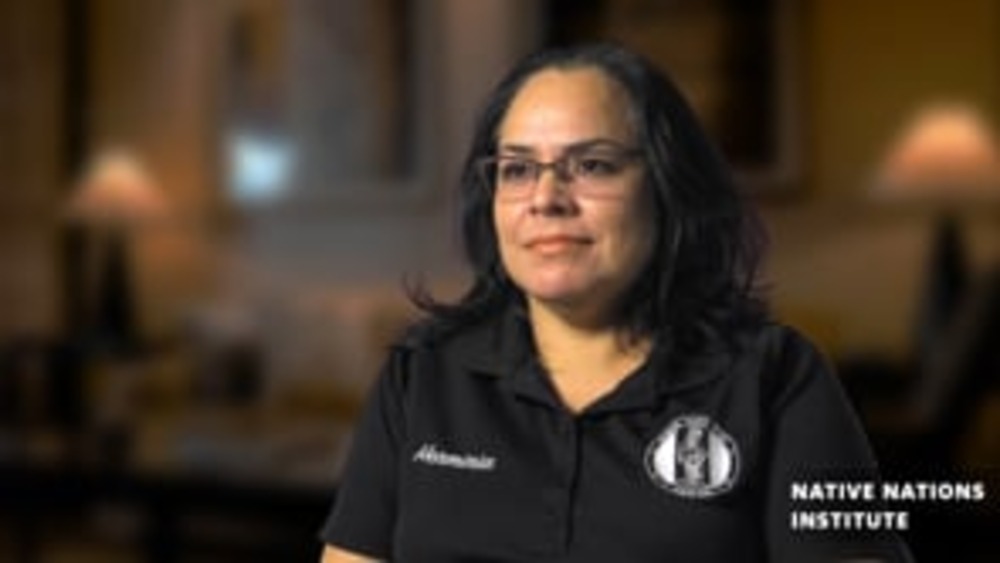
Herminia Frias: Working Toward Effective Native Leadership
For years at Pascua Yaqui Tribe, Herminia Frias has remained a consistent leader in tribal government. She became the first woman elected Chairwoman and youngest to serve the position. After a contentious term with the tribal council, she was removed from office but then immediately returned to…
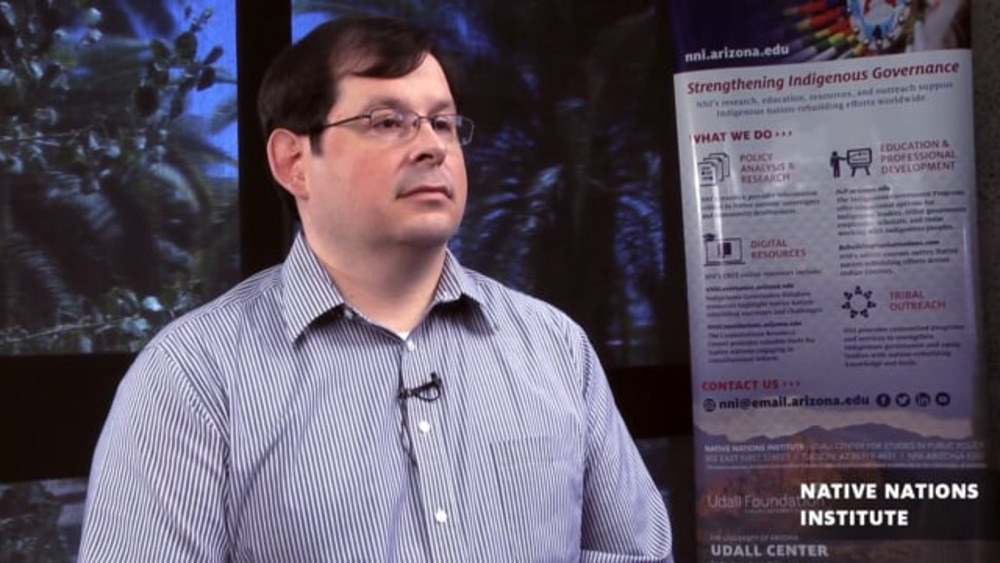
Wayne Ducheneaux: Working with Indigenous Governance
Wayne Ducheneaux II (Cheyenne River Sioux Tribe) sits down with Native Nations Institute to discuss his array of experiences working for the Cheyenne River Sioux Tribe and in the work toward helping other Native Nations efforts with indigenous governance. A former Tribal Administrative…
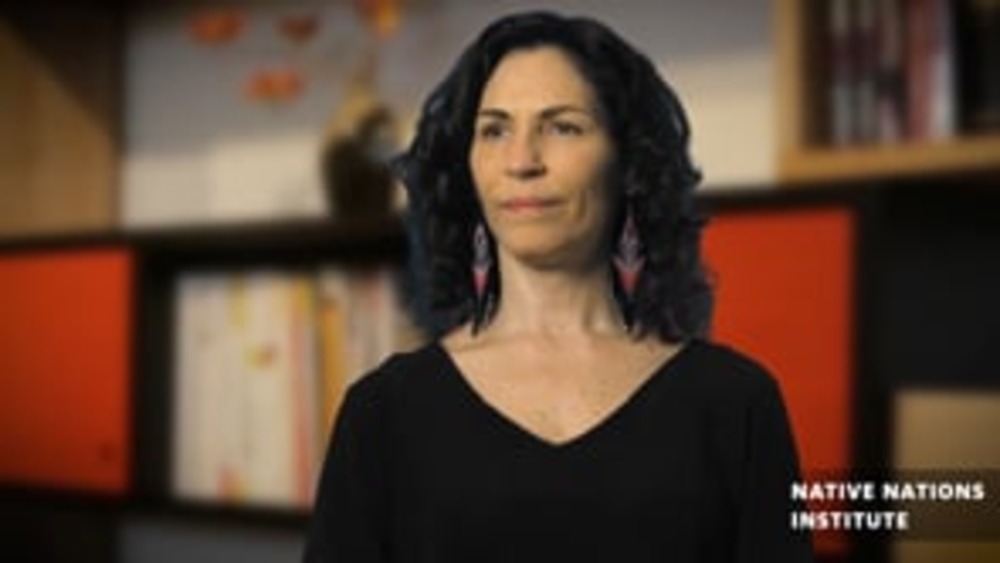
Shannon Keller O'Loughlin: Native Leadership and Lasting Commitment
Shannon Keller O'Loughlin, Choctaw Nation of Oklahoma, is an attorney and the Executive Director of the Association on American Indian Affairs. Shannon was also the former Chief of Staff, National Indian Gaming Commission, a member of President Obama’s NAGPRA Review Committee, and a Cultural…

Sharing the Wealth
In recent years, there has been increased discussion of Universal Basic Income (UBI) programs for the US. In fact, one of the Democratic candidates for president has championed the UBI program as an important component of his platform. UBI in its simplest form is a cash-transfer program that…
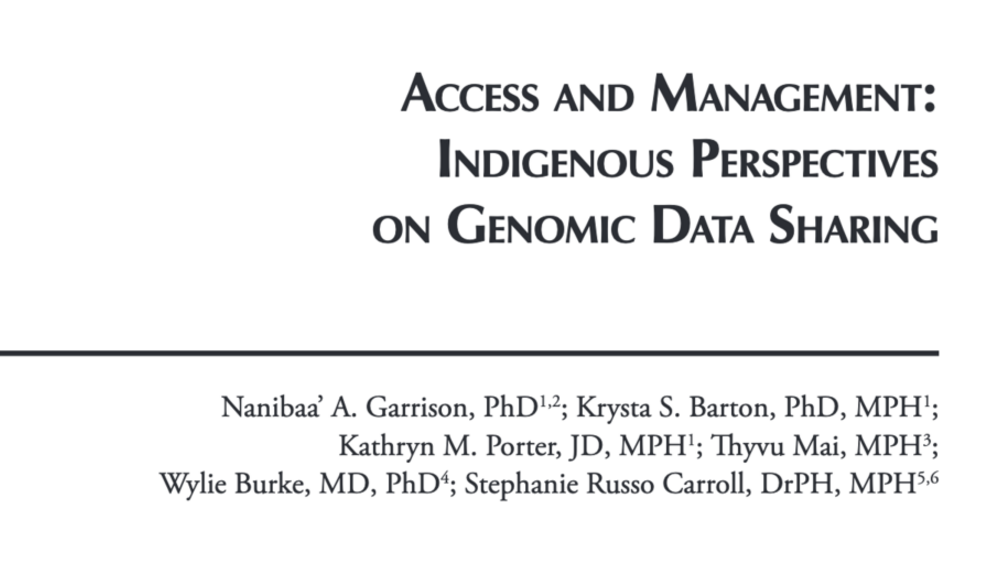
Access and Management: Indigenous Perspectives on Genomic Data Sharing
As genomic researchers are encouraged to engage in broad genomic data sharing, American Indian/Alaska Native/Native Hawaiian (AI/AN/NH) leaders have raised questions about ownership of data and biospecimens and concerns over emerging challenges and potential threats to tribal sovereignty. Using a…
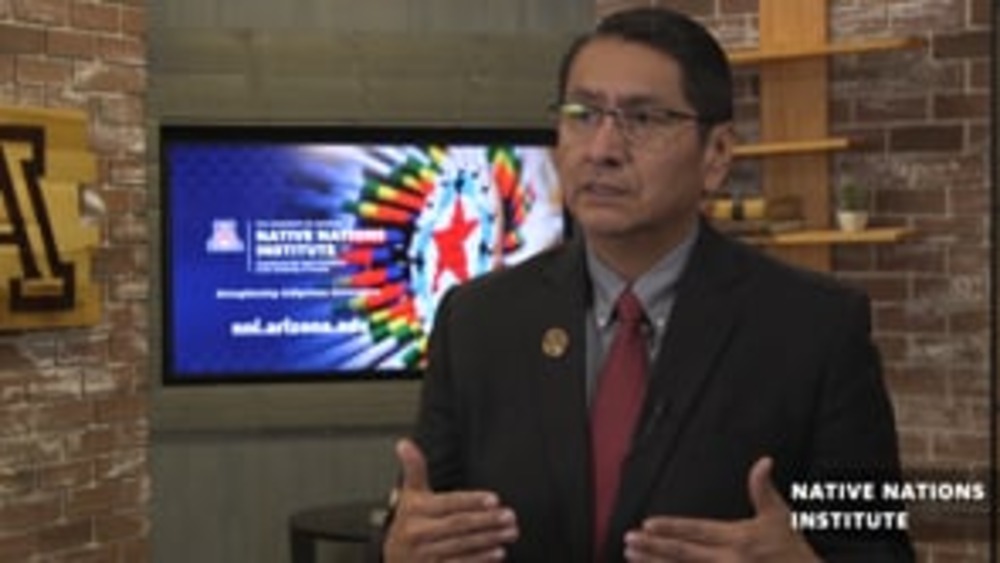
Navajo Nation President Jonathan Nez: Native Nation Building for the Navajo Nation
Navajo Nation President Jonathan Nez visited the University of Arizona and gave his views on making governance work for people in he Navajo Nation. In this brief interview with NNI the President offered his thoughts on Native Nation Building and the way it is utilized for the…
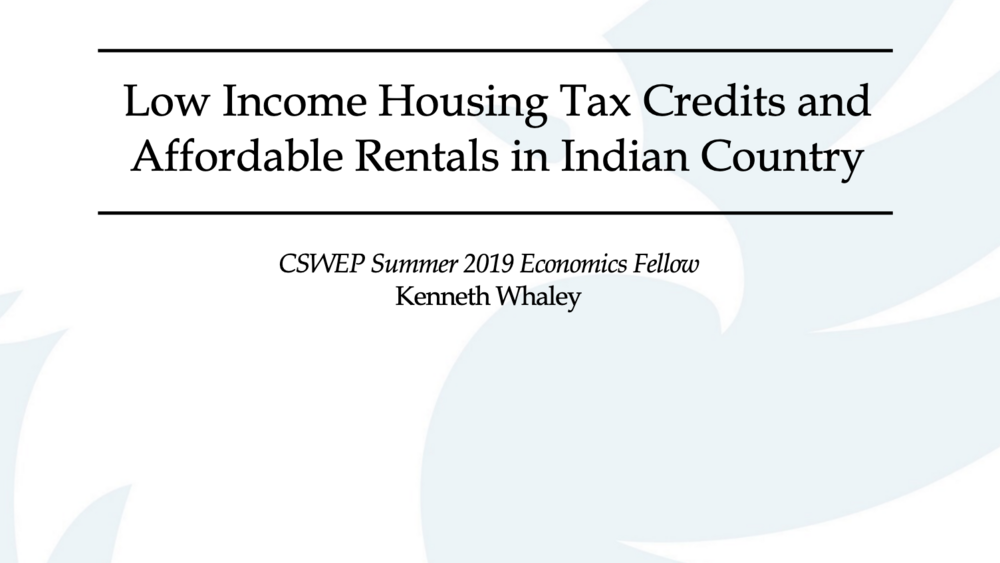
Low Income Housing Tax Credits and Affordable Rentals in Indian Country
In this article, I assess the scope of the Low Income Housing Tax Credit (LIHTC) program and how this major affordable rental housing construction subsidy has reached Indian Country and other tribal statistical areas. To frame this discussion, I first provide a qualitative overview of program…
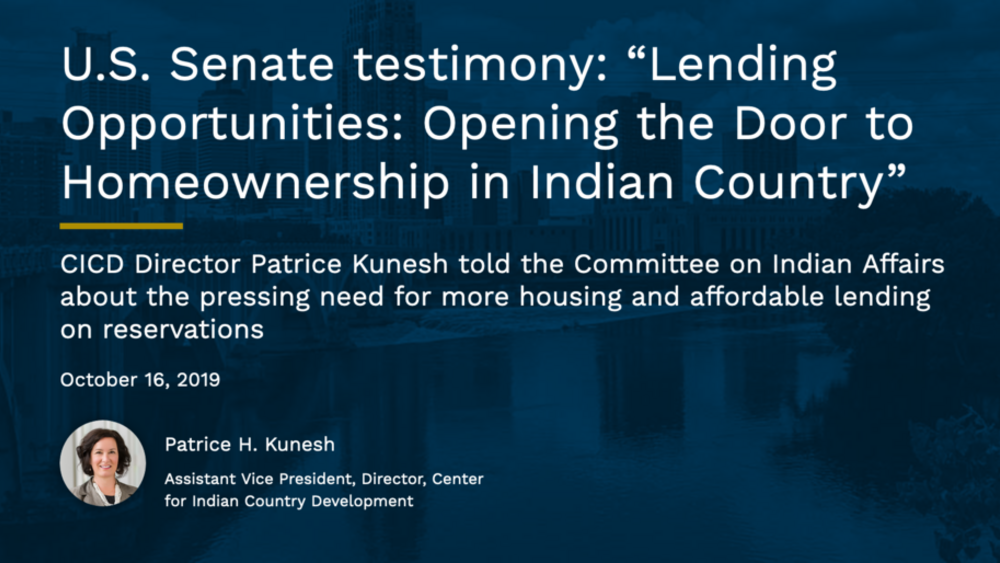
U.S. Senate testimony: “Lending Opportunities: Opening the Door to Homeownership in Indian Country”
On Oct. 16, 2019, Center for Indian Country Development Director and Minneapolis Fed Assistant Vice President Patrice H. Kunesh testified before the U.S. Senate’s Indian Affairs Committee about the need for more housing and improved access to affordable lending on reservations. She said that “…
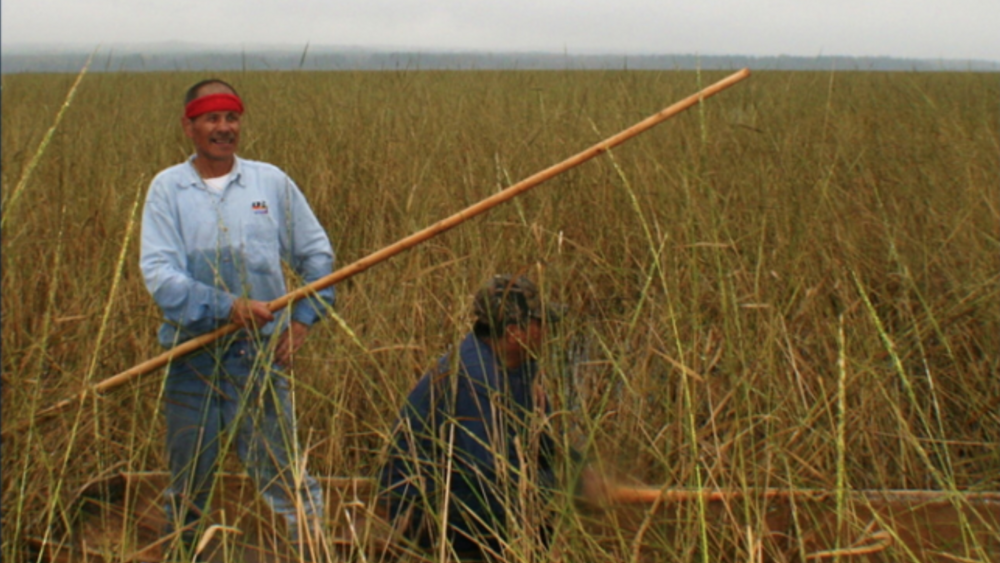
Building an Indigenous Foods Knowledges Network Through Relational Accountability
In recent decades, there has been a movement toward rectifying injustices and developing collaborations between Indigenous communities and mainstream researchers to address environmental challenges that are of concern to Indigenous Peoples. This movement, primarily driven by Indigenous community…
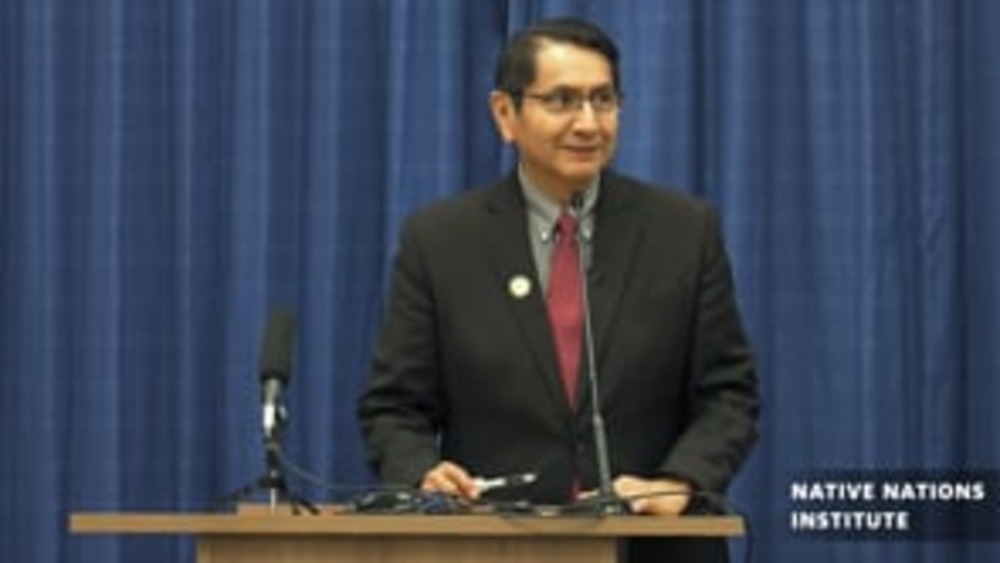
Navajo Nation President Jonathan Nez Distinguished Tribal Leaders Lecture
The Indigenous Peoples Law and Policy Program hosted the Distinguished Tribal Leaders Lecture at the University of Arizona James E Rogers College of Law featuring the recently elected Navajo Nation President Jonathan Nez. The president gave his views on working for a Native Nation and making…
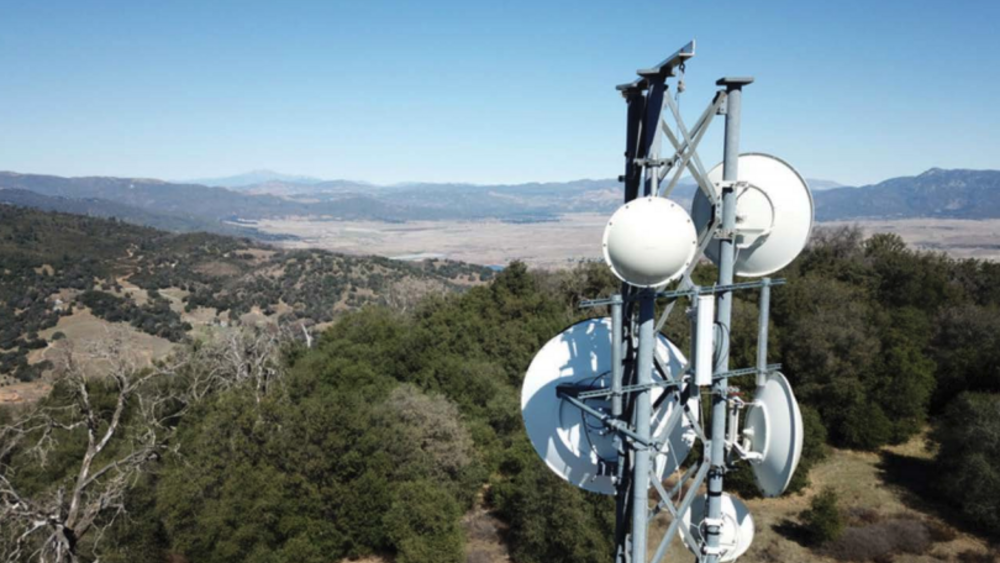
Tribal Technology Assessment: The State of Internet Service on Tribal Lands
Access to high-speed Internet service has become an essential component to the nation’s economy, education, and healthcare. However, federal data continues to show tribal lands are the least connected areas of the country. AIPI launched a survey to collect information from residents of tribal…
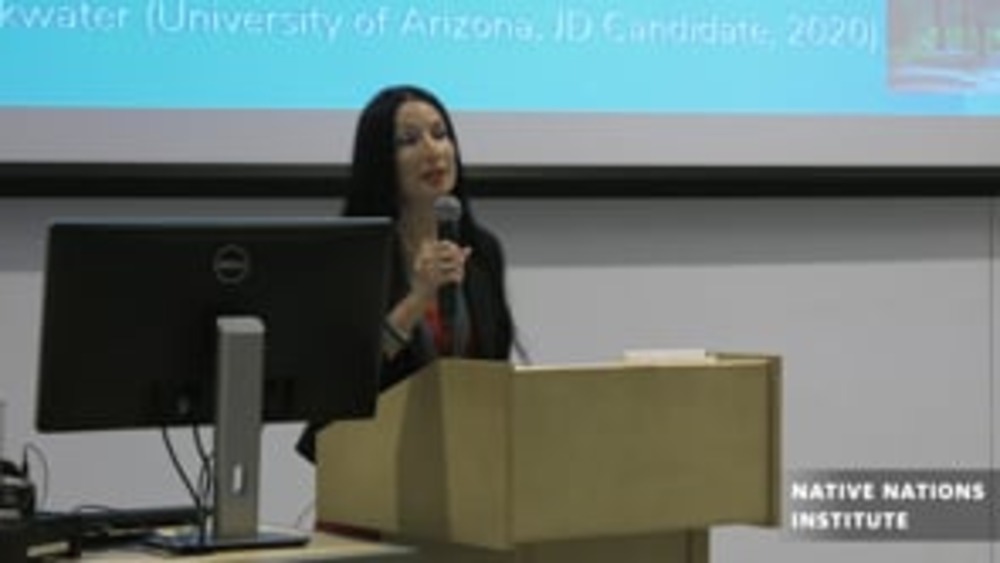
Rebecca Tsosie: Indigenous Sustainability and Resilience to Climate Extremes
The School of Geography & Development presented the “My Arizona” Lecture of Prof. Rebecca Tsosie, Regents Professor of Law at Univeristy of Arizona on Friday, November 1, 2019. Her lecture, "Indigenous Sustainability and Resilience to Climate Extremes: Traditional…
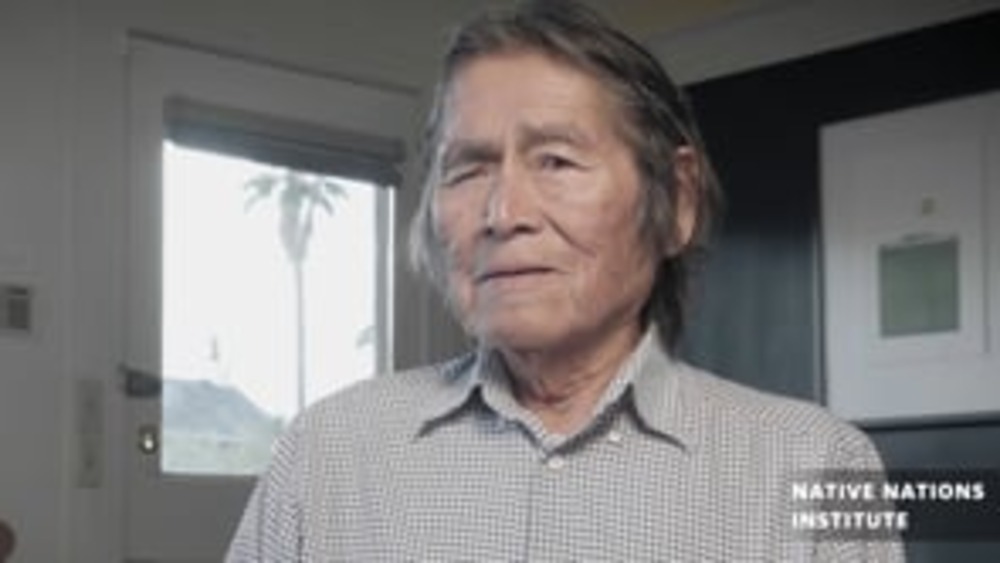
Vernon Masayesva: Self-Governance and Protecting Water
Former Tribal Chairman of the Hopi Nation and Executive Director of Black Mesa Trust, Vernon Masayesva relays his thoughts about advocating for self-governance and protection of water rights for Indigenous people. His pursuits in holding accountability of mining in Hopi territory has made Vernon…
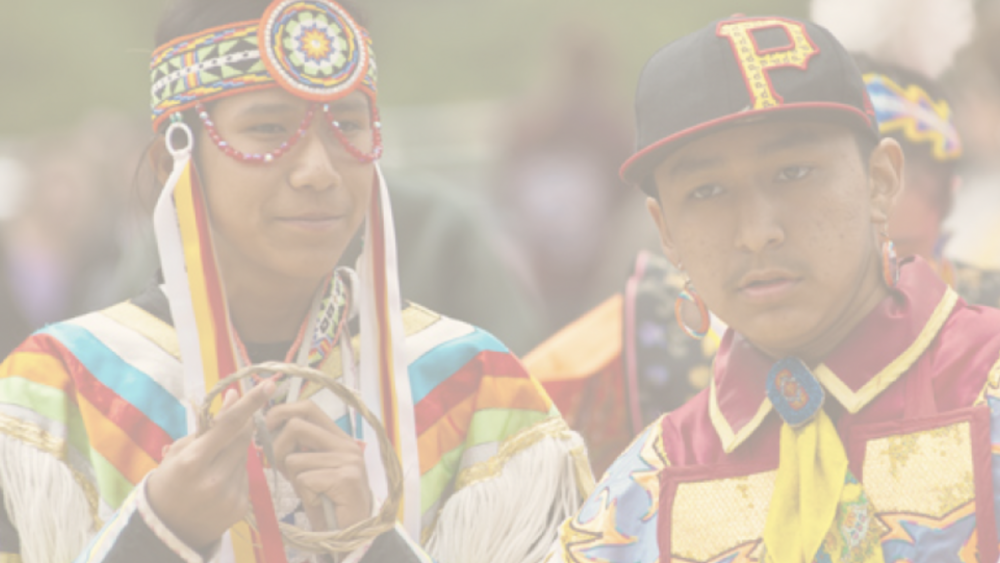
Becoming Visible: A Landscape Analysis of State Efforts to Provide Native American Education for All
Native Americans are unfortunately invisible to many. Most Americans likely have attended or currently attend a school where information about Native Americans is either completely absent from the classroom or relegated to brief mentions, negative information, or inaccurate stereotypes. This…
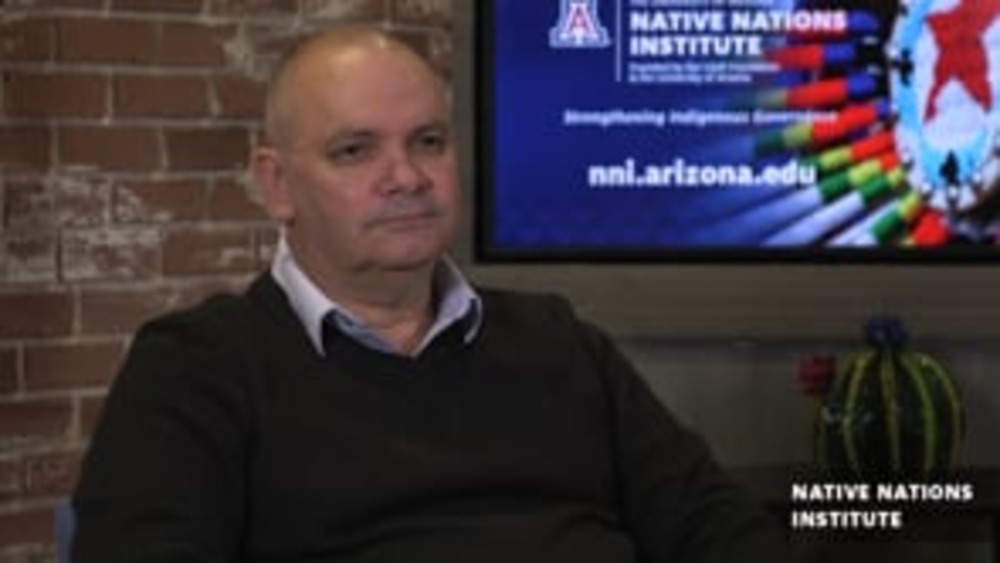
Daryle Rigney: Asserting Cultural Match and Native Nation Building in Australia
Daryle Rigney brings his expertise and first-hand experiences as a citizen of Ngarrindjeri Nation in South Australian to share his thoughts about Native Nation Building for the Ngarrindjeri Nation. He is a Professor of Indigenous Strategy and Engagement at College of Humanities Arts and…
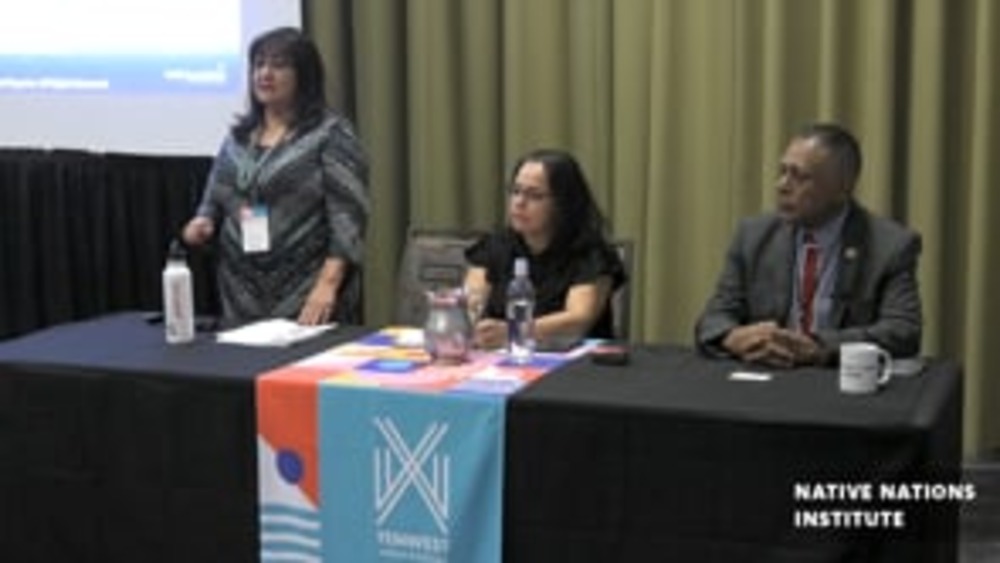
Navigating the Structures of Native Nations
Native Nations Institute presented a panel at TENWEST 2019 in Tucson called “Navigating the Structures of Native Nations.” Arizona is home to 22 Native nations, many whom are major economic drivers. Panelists presented an overview of Native nations including their socio-economic challenges,…
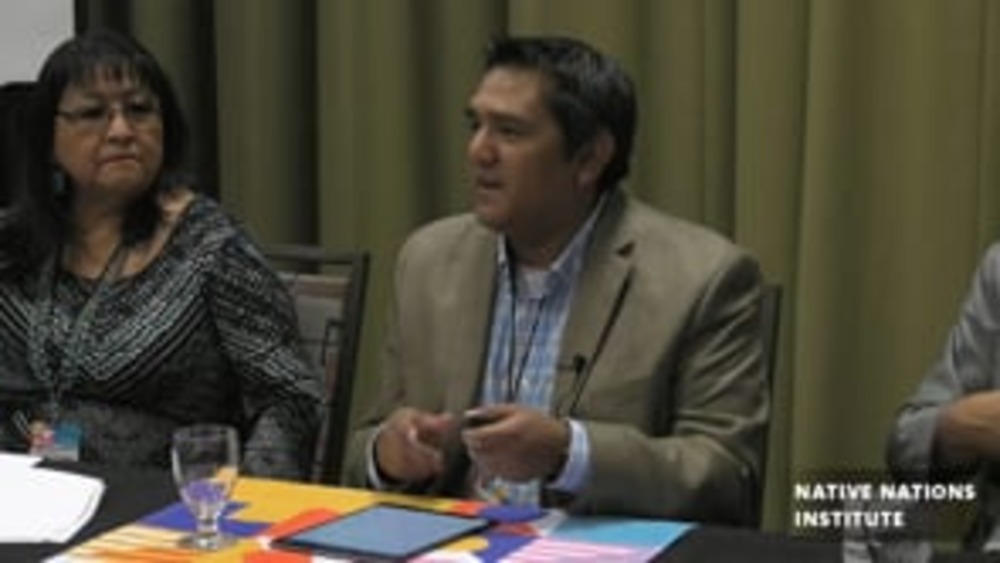
Meeting the Need for Higher Education and Professional Development
Native Nations Institute and the Indigenous Governance Program presented a panel at TENWEST 2019 in Tucson called “Meeting the Need for Higher Education & Professional Development.” The panelists presented a case study on how the Indigenous Governance Program (and a proposed School of…

The Klamath River Now Has the Legal Rights of a Person
This summer, the Yurok Tribe declared rights of personhood for the Klamath River — likely the first to do so for a river in North America. A concept previously restricted to humans (and corporations), “rights of personhood” means, most simply, that an individual or entity has rights, and they’re…
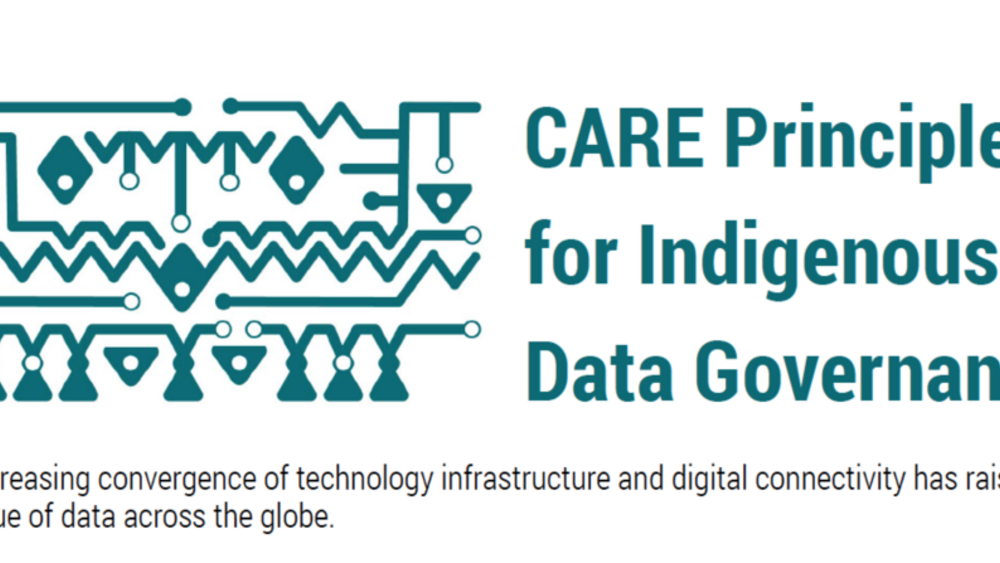
CARE Principles for Indigenous Data Governance
Los Principios CREA para la Gobernanza de Datos Indigenas The increasing convergence of technology infrastructure and digital connectivity has raised the value of data across the globe. Whether existing knowledge is digitised or new data are ‘born digital’, the impact they have on decision-making…
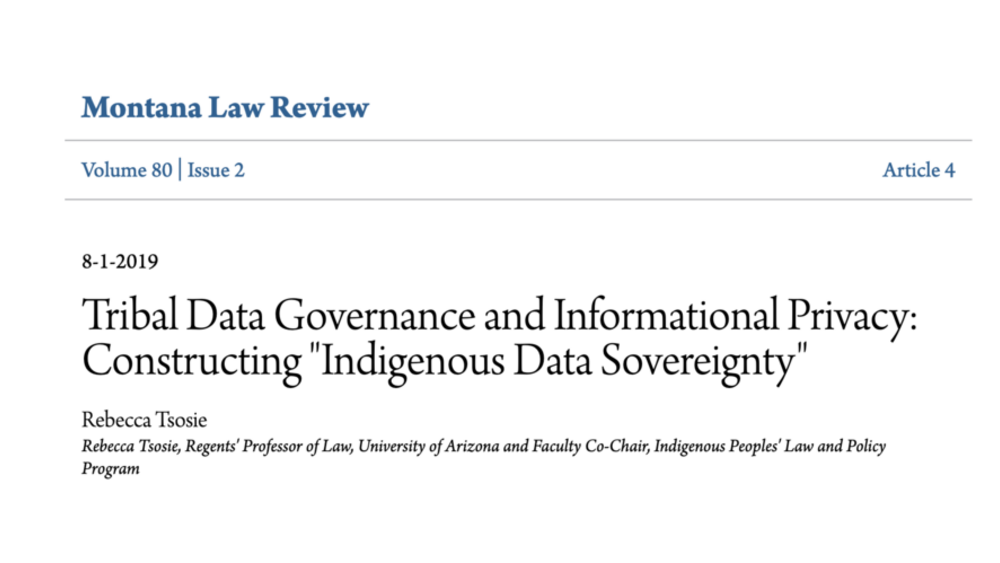
Tribal Data Governance and Informational Privacy: Constructing "Indigenous Data Sovereignty"
There is a growing movement among Indigenous peoples to assert aright to “Indigenous data sovereignty,” and yet, the term “data sovereignty” is not widely understood. What does it mean to control the collection, useand management of information in an era of “Big Data,” in which digital technology…
Pagination
- First page
- …
- 10
- 11
- 12
- …
- Last page
